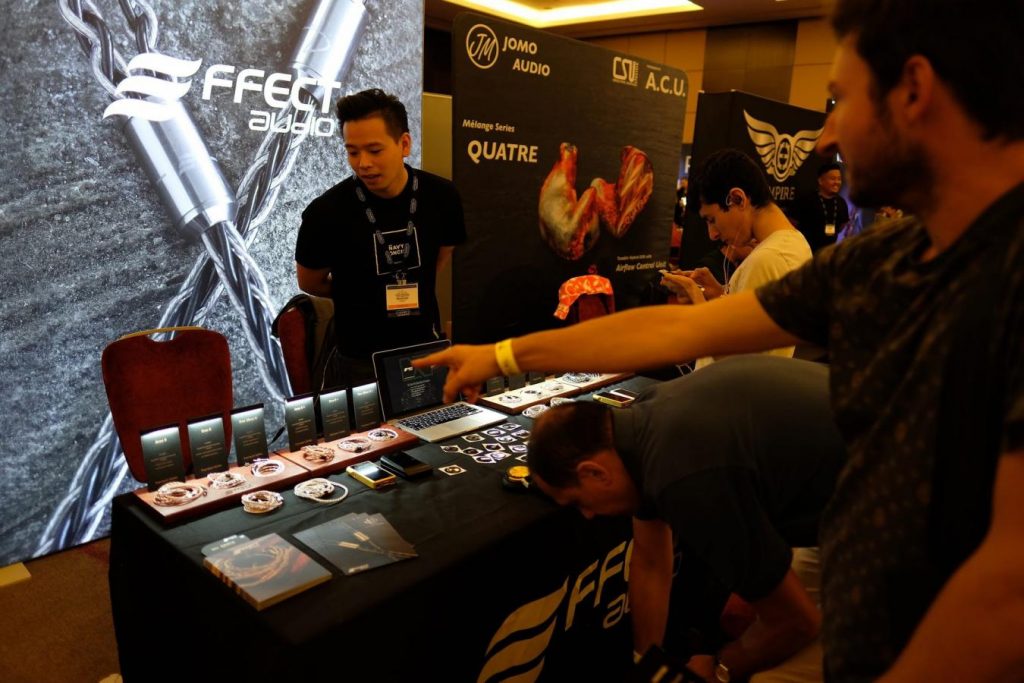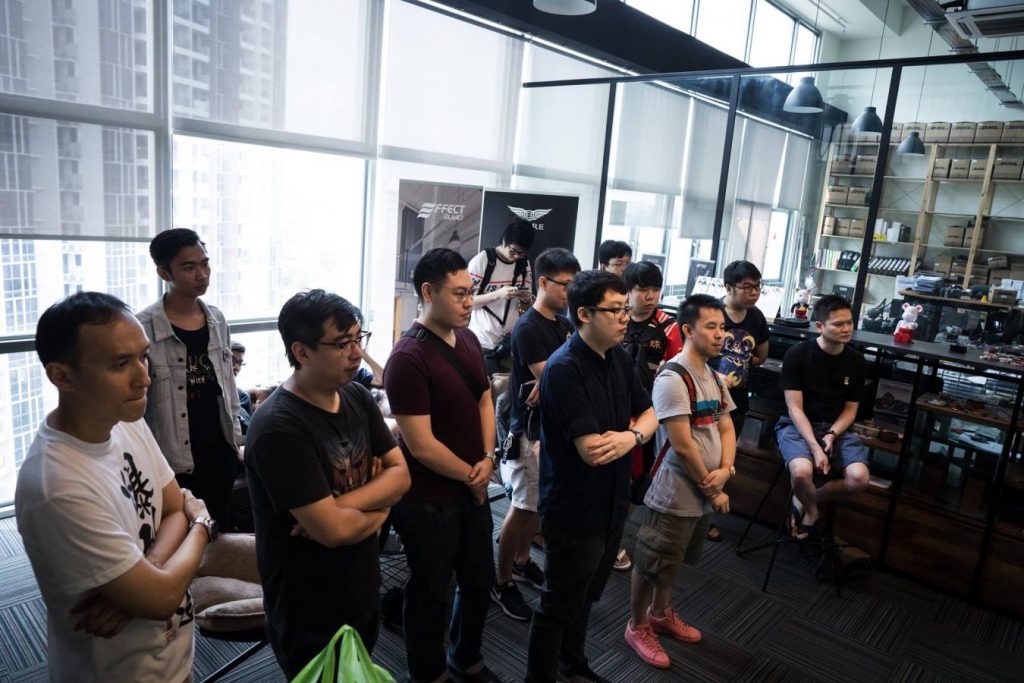Product v Brand, Consumer v Manufacturer
I’m aware you attend a staggeringly high number of shows per year. Do you have a monthly or yearly estimate?
Yearly, I think it’s easily 12 to 15 shows. On top of the shows, there are also meetings we have with our distributors, so I’d say we meet our partners on an almost monthly basis.

Do those shows allow you to discover new brands? Find new voices?
Yes and no. As you grow in this industry as a business owner, you tend to start looking at things more carefully. I remember when I was new, I’d get excited over everything; new brands, new products. They’d have lots of people sitting in their booth and I was like, “Okay, I must deal with this brand! I must carry this brand!” As you start to mature within the industry, you start to analyse deeper. You start to analyse whether or not the brand has potential, and you get smarter about your selections as well. I remember seeing brands that were hot at the moment, but I did not want to carry, because I could recognise that they were a flash in the pan. So, shows do open your horizons, but they might also cause you confusion (if you’re inexperienced), which will lead to mistakes.
Would you consider taking on a brand with so-so character or attitude if they had astounding products?
No. If a brand was hard to work with, it’d only be a matter of time before we butted heads and split up, so why bother? Even if there’s a good product within a brand that’s not accountable, not easy to work with, not supportive and only seeks to sell with no regard for the consumer, we would not even consider carrying them.
But at the same time, if there’s a brand with excellent attitude, but just can’t come up with a feasible product, then I’m sorry, but I really can’t help them either. I mean, I’d try to help, but until they come up with a feasible product, I don’t think I can help.

Would you consider partnering with an inexperienced manufacturer if they had the proper character and potential?
Yes, definitely.
How much are you willing to help them?
As much as they’re willing to let us.
Do you think there’s a danger in steering them away from where they’re naturally supposed to go?
We don’t steer them. We don’t tell them how their products should be. The only thing we offer them is information, and how they interpret that information is completely up to them.
As the medium of communication between the brand and the consumer, how has Euphoria been different from your past establishments?
It’s different, because in the past, it was only about selling. “I tell you what the specs are, you like it and you buy.” Here, we offer you an experience. So, if you made an appointment to try Jomo’s Flamenco, for example, we’d be able to run you through the history of the brand and the product. “Why did Joseph design it to have 11 drivers? When did he design it? What considerations did he make? What challenges did he face?” Not a lot of stores can offer that. In fact, this is most commonly seen in hi-fi stores. They’re able to share with you the character and philosophy of the brand’s founder, for example. So, the main difference between us and other stores like us is we offer a higher standard of service and knowledge about the brands we carry.

How difficult is it to satisfy the interests of both the manufacturer and the consumer?
It’s not difficult, because really, both share a common denominator. There’s a criss-cross in their interests. The manufacturers want to release a product that they feel satisfies the needs of the consumer, and the consumer wants a product that fulfils their budgetary needs, sonic needs, etcetera, etcetera. If one manufacturer doesn’t have it, another one is bound to.
If there does happen to be that criss-cross between the manufacturer’s and consumer’s interests, is there potential for the middleman – whether it be the dealer, retailer or distributor – to ruin that?
Yes, there’s huge potential. It actually goes back to the earlier question about strained relationships. The first touchpoint the consumers have is not the manufacturer, right? It’s your local dealer. So, the consumer tends to trust their local dealer more; not because you trust them, but because you have no choice. Once you’re at the store and talking to the dealer, the replies (for any questions you may have) are immediate.
If I were to reach out directly to the manufacturer, I’d have two things to consider: Firstly, If I were to send an e-mail, how long would they take to respond? Secondly, they’re the manufacturer and I’m asking about their product; of course they’ll tell me it’s good. So, people tend to have a misconception about retailers: They’ve been selling this stuff for a long time, they know what’s good, they know what’s not. But, those people fail to realise that their trust can be abused. So yes, a middleman can ruin the consumer’s relationship with a brand.




2 Responses
Really a beautiful and interesting read. Thank you
Congrats! The team has done a great job